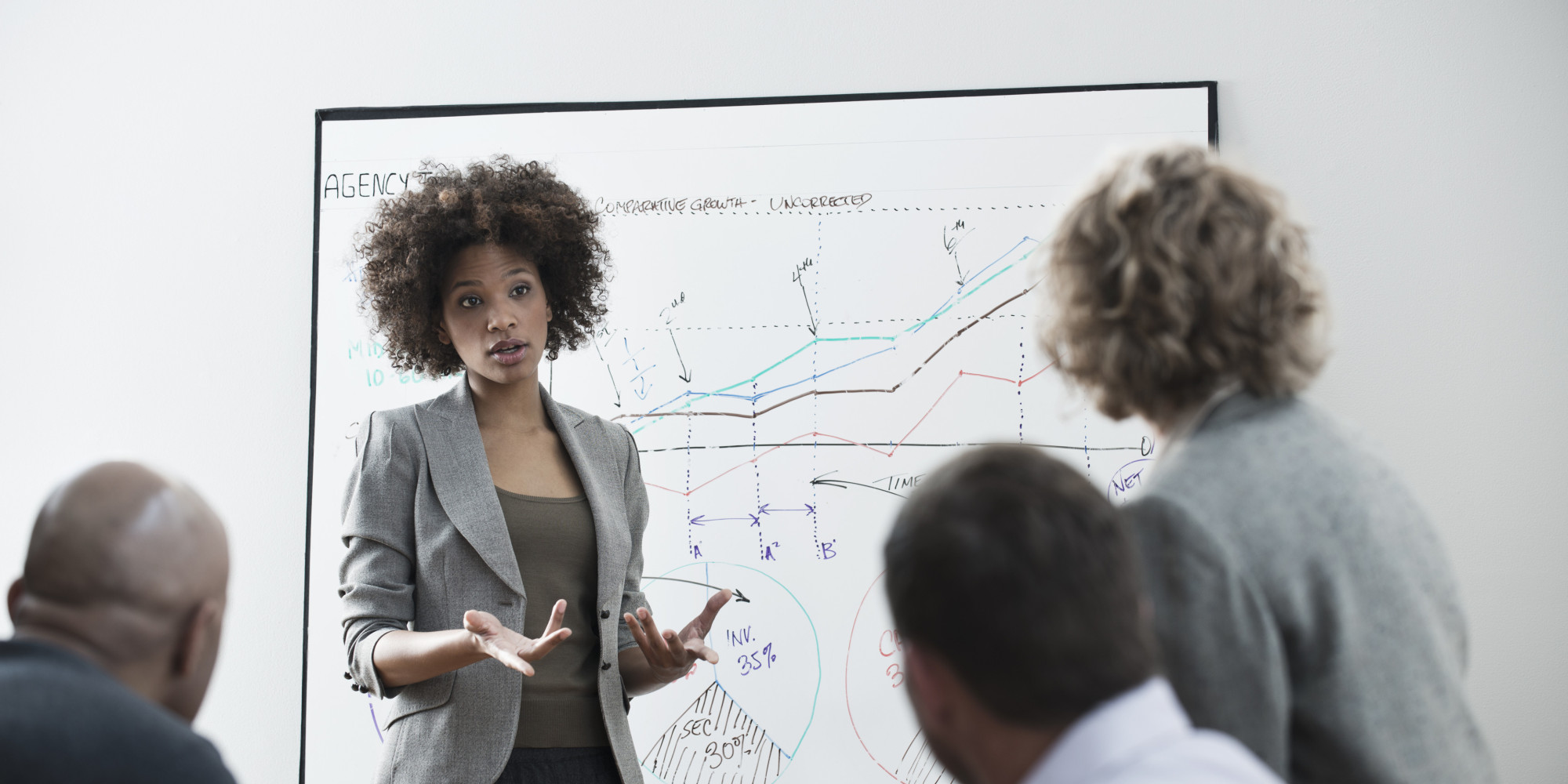This type of interaction can serve to inform a large number of people about a particular topic. Choose between different types of format, with or without questions, and select a moderator capable of synthesizing the main points to be discussed in the panel discussion and keep the panellists focused on the objective.
The discussion panels are instances that allow the public exchange of ideas in order to inform those about a specific topic linked to politics, science and society. The people involved should be knowledgeable about the subject and share accurate and experienced information on the matter.
We presented 9
recommendations to take a panel of these characteristics:
1) Define the goal of your discussion panel
Focus on one or two main topics to direct the debate in an organized way and identify which are the general questions that should be answered.
2) Invite experts to participate
Choose informed individuals, experts or people directly involved in the topic of the panel. Invite them at least two or three weeks before the discussion so they have time to prepare.
3) Choose a moderator
Select someone who has not conflict of interest with the subject and who is not biased. The moderator should know how to keep the conversation moving and get the participants to comply with the rules.
4) Define the rules
You can prefer an open discussion mode, which usually generates dispersion of the original theme. On the other hand, if you give each panellist a certain amount of time to speak and answer each question, you will significantly limit the discussion.
5) Write questions for the panellists
You must generate open questions that can be answered with formulations that go beyond the “yes” or “no”.
6) Record the discussion
Opt for a digital format that allows you to publish it directly on the Internet.
7) Present the panellists at the beginning of the discussion
The moderator should inform about the purpose of the discussion and communicate the rules. Also, you should give a brief biographical introduction of the panel members.
8) Direct the conversation
The moderator should ask questions and coordinate the debate.
9) Draw conclusions and make concluding observations
The moderator must provide all the relevant information for the follow-up of the activities.














